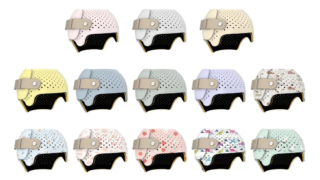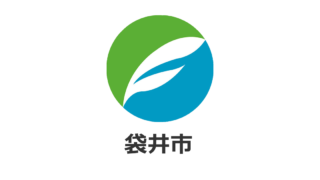How Helmet Therapy Can Help Your Baby’s Development
As a parent, you want the best for your baby, especially when it comes to their growth and development. If your baby has been diagnosed with plagiocephaly, also known as flat head syndrome, you may be considering helmet therapy as a treatment option. While it can be a difficult decision to make, helmet therapy has been proven to be an effective and safe way to improve your baby’s head shape and support their overall development.
The Benefits of Helmet Therapy
Helmet therapy, also known as cranial orthosis, involves the use of a specialized helmet that is custom-fitted to your baby’s head. The helmet is designed to gently and gradually reshape your baby’s skull by applying gentle, constant pressure to the areas that need correction. This process allows the skull to grow into a more symmetrical shape, addressing the flat spots or asymmetry caused by plagiocephaly.
While the primary goal of helmet therapy is to improve the appearance of your baby’s head, there are also additional benefits that can support your baby’s development. These include:
- Improved Motor Skills: By correcting the shape of the skull, helmet therapy can help support the development of your baby’s motor skills, such as reaching, rolling, and sitting.
- Enhanced Visual Development: A properly shaped skull can also positively impact your baby’s eye alignment and development, potentially reducing the risk of vision problems in the future.
- Prevention of Long-Term Effects: Addressing plagiocephaly early with helmet therapy can help prevent long-term issues, such as facial asymmetry or developmental delays.
What to Expect During Helmet Therapy
When you decide to pursue helmet therapy for your baby, you will work closely with a team of healthcare professionals, including a pediatrician and a certified orthotist. The process typically includes:
- Evaluation: Your baby will undergo a thorough evaluation to determine the severity of the plagiocephaly and to ensure that helmet therapy is the appropriate course of action.
- Custom fitting: If helmet therapy is recommended, a custom-fitted helmet will be created for your baby. It is important to ensure that the helmet fits snugly and comfortably.
- Monitoring progress: Throughout the treatment, your healthcare team will monitor your baby’s progress, making any necessary adjustments to the helmet as your baby’s head grows and changes.
- Follow-up appointments: Regular follow-up appointments will be scheduled to assess the effectiveness of the helmet therapy and address any concerns or questions you may have.
Is Helmet Therapy Right for Your Baby?
Every baby is unique, and the decision to pursue helmet therapy should be based on careful consideration and consultation with your healthcare provider. It’s important to remember that while helmet therapy can provide significant benefits, it may not be necessary for all cases of plagiocephaly. Your pediatrician can help guide you in making an informed decision that is best for your baby’s specific needs.
Conclusion
Helmet therapy has been shown to be a safe and effective treatment for plagiocephaly, offering benefits beyond just improving your baby’s head shape. By supporting your baby’s development and addressing potential long-term effects, helmet therapy can provide much-needed reassurance for parents seeking the best for their little ones.
FAQ
Q: How long does helmet therapy typically last?
A: The duration of helmet therapy can vary depending on the severity of the plagiocephaly and your baby’s individual response to treatment. On average, treatment can range from a few months to several months.
Q: Is helmet therapy painful for my baby?
A: The helmet is designed to be comfortable for your baby to wear, and it should not cause any pain or discomfort. Most babies adjust to wearing the helmet relatively quickly.
Q: Will my insurance cover the cost of helmet therapy?
A: Many insurance plans do cover the cost of helmet therapy for the treatment of plagiocephaly. It’s important to check with your insurance provider to understand your coverage and any potential out-of-pocket expenses.
[ad_2]













コメント